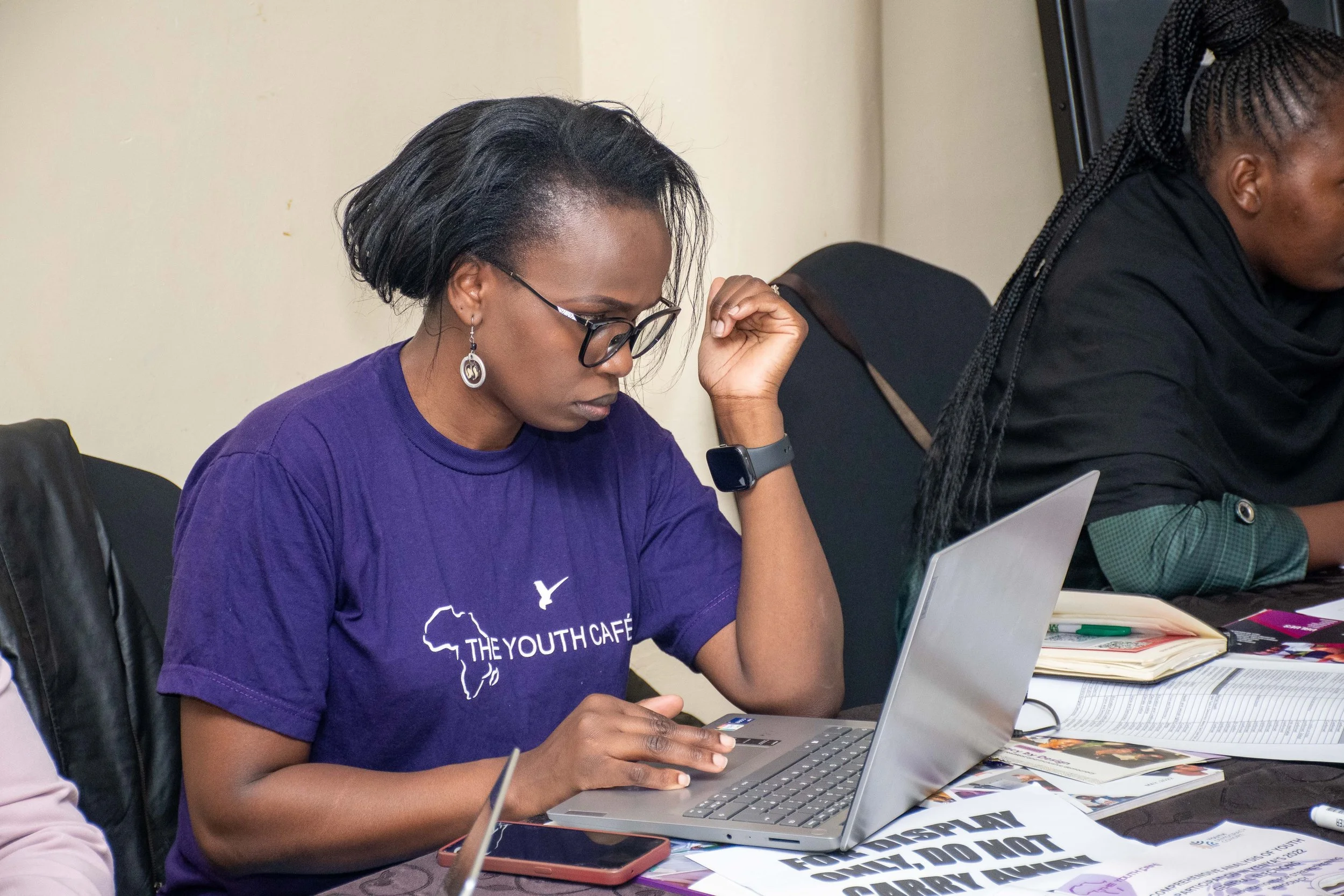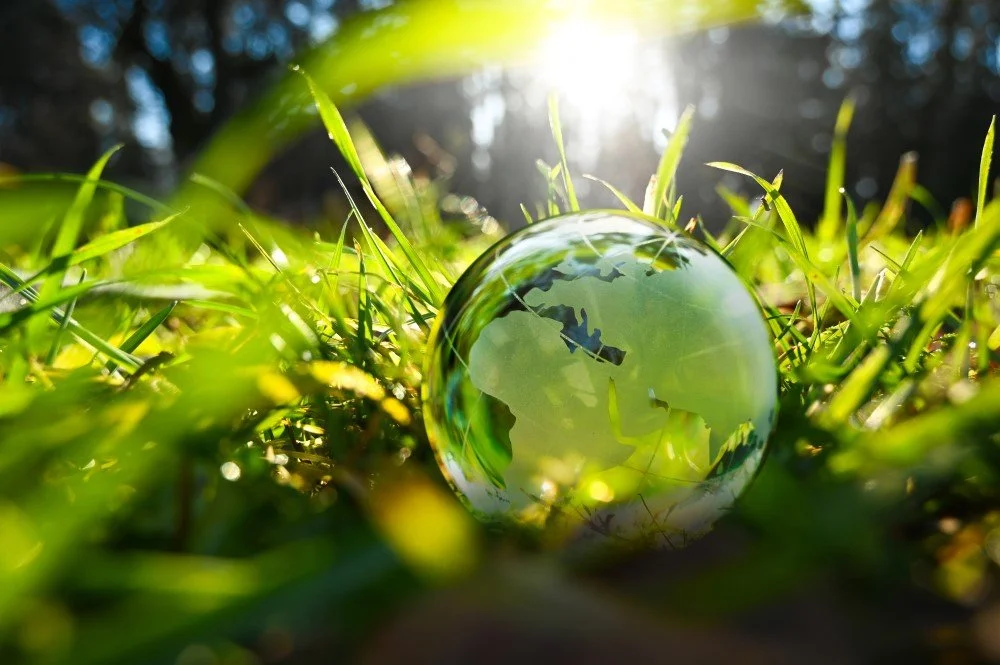As the world prepares for a packed calendar of global negotiations, from the World Social Summit on Social Development in Qatar, to COP30 in Brazil, the UN tax negotiations in Kenya, and the G20 Summit in South Africa, one message is rising across civil society networks: our future must be public.
Public services are far more than line items in national budgets. They are the backbone of dignity, equality, and human development. When people can access quality education, healthcare, water, sanitation, energy, social protection, and care, societies flourish. Inequality narrows. Economies grow more resilient. Women's unpaid care burden reduces. Communities build trust in their governments.
Yet today, that foundation is under threat.



